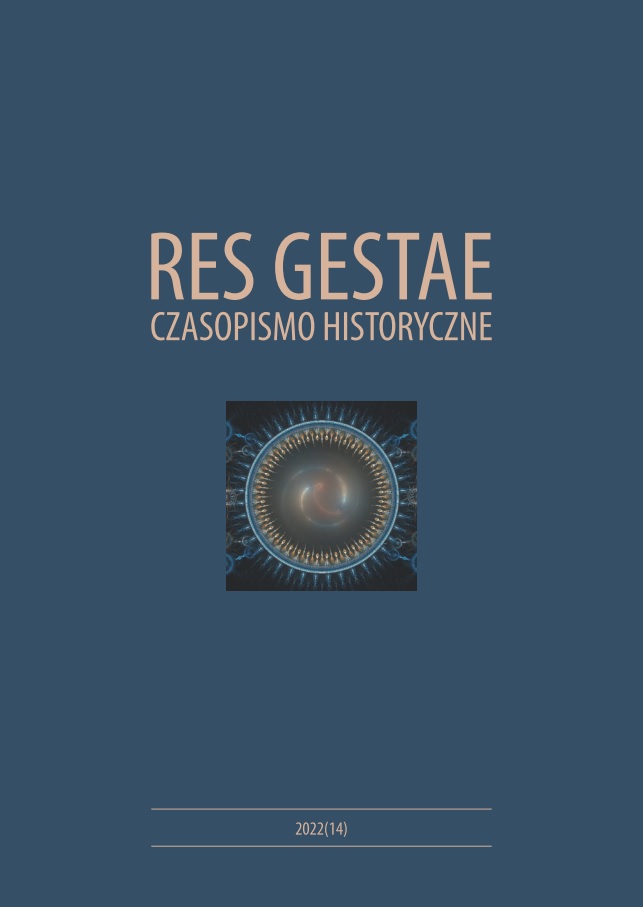Peace-Making and Geography afer the First World War
Main Article Content
Abstrakt
During the First World War, and later, geographers from East Central and South-Eastern Europe formulated several argumentative strategies to support territorial demands. Initially, the predominating idea was the one of ethnic borders, which were an expression of the right to self-determination as well as the most significant correction for strategic and economic justifications. Soon, however, the experts present at the peace conference became convinced that arguments other than ethnic arguments should be used. These arguments contained, among other motifs, culture and civilization. The most active among the experts in this respect were eminent scholars from Poland (e.g. Eugeniusz Romer), Czechoslovakia (e.g. Jan Kapras), Ukraine (Stepan Rudnytsky), Yugoslavia (Jovan Cvijić), Romania (Simion Mehedinţi) and Germany (Albrecht Penck, Wilhelm Volz). Most of them continued this line of thinking in the inter-war period, contributing to the creation of their respective national varieties of geopolitics.
Article Details
|

